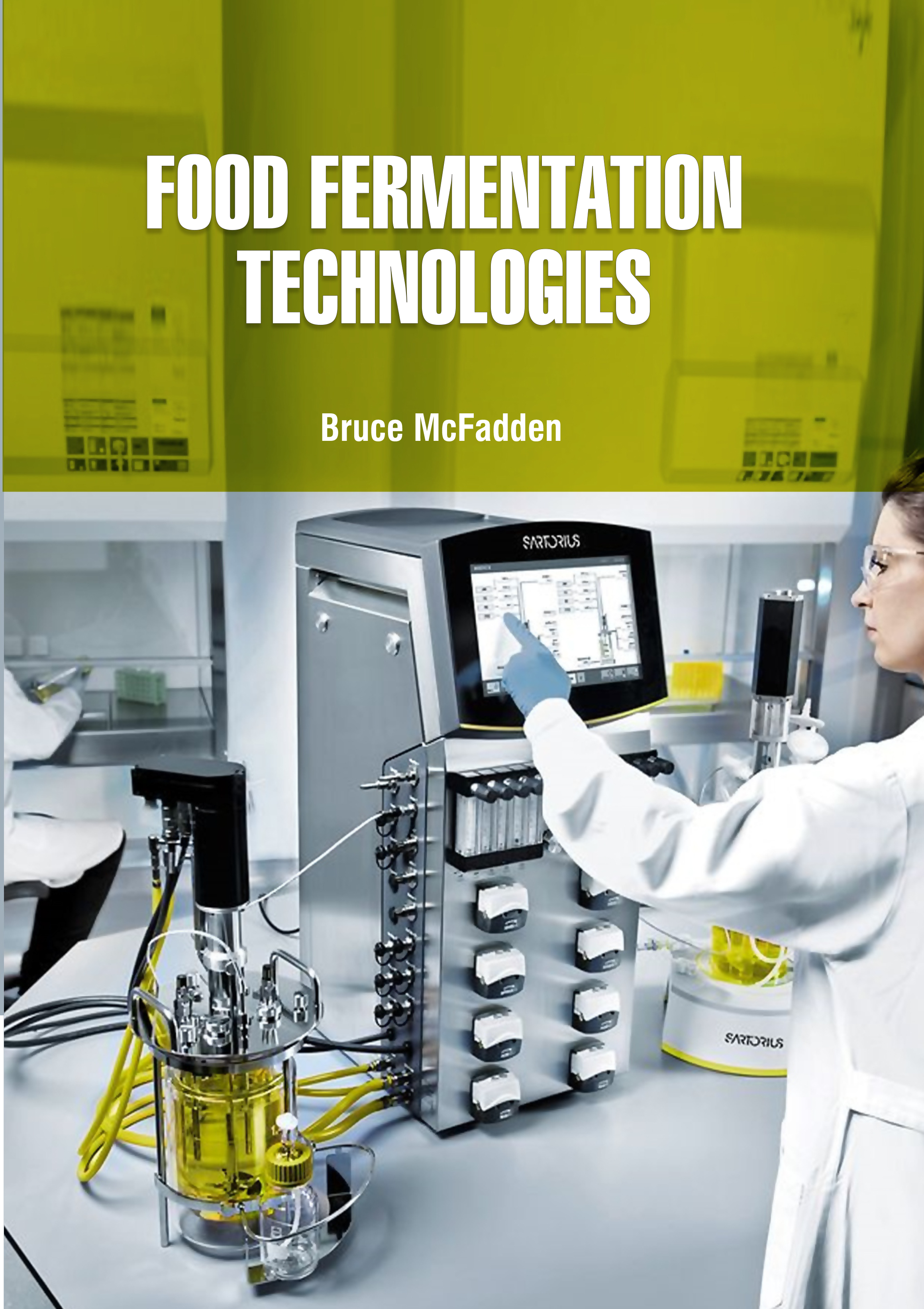
Food Fermentation Technologies
by Bruce Mcfadden
| ISBN | 9789372422153 |
|---|---|
| Publisher | Digital Drive Learning |
| Copyright Year | 2026 |
| Price | $270.00 |

by Bruce Mcfadden
| ISBN | 9789372422153 |
|---|---|
| Publisher | Digital Drive Learning |
| Copyright Year | 2026 |
| Price | $270.00 |
Food fermentation is a food processing technology that utilizes the growth and metabolic activity of microorganisms for the stabilization and transformation of food materials. Fermentation was primarily developed for the stabilization of perishable agricultural produce. Food fermentations are typically driven by microbial consortia, which may lead to significant changes in the healthpromoting properties of fermented foods. Besides the potential direct role of food-borne microorganisms on the gut microbiota ecosystem, their indirect role in the modification of the bioavailability of certain food elements may also have a biogenic effect. Traditionally used to improve food functionalities such as preservation, taste and texture, novel fermentation solutions are enjoying the limelight with regards to expanding market applicability and applications. Fermented foods play an important role in improving food security, increasing income and employment, enhancing livelihoods and improving the nutrition and social well-being of millions of people around the world, and others. This book reiterates that the fermented products are relevant to modern society and has evolved over centuries. This book has demonstrated that the application of novel microbial cultures and novel technologies can enhance nutritive value and provide various health benefits. Traditional artisanal fermented food products provide desired organoleptic quality with limited safety profile and shelf-life. Consequently, the fermented food industry has long sought alternative or synergistic approaches to enhance shelf-life and quality of fermented food product with close resemblance to those produced traditionally.